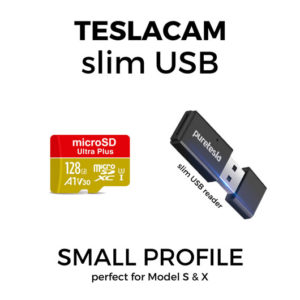Let's face it, electrical outlets aren't always where they are most convenient. This is especially true when you consider workplace charging and visiting family and friends.
The question circulates pretty regularly: “Do I need a specific extension cord to charge my Tesla?”
The short answer is “Yes.”
While a standard extension cord you have at home will probably be fine in a pinch, it is much safer and efficient to get an appropriately designed and gauged extension cord to handle the current your car will pull for extended periods of time.
What you should look for:
- The shorter the better. Don't get a cable longer than you need.
- Packaging that states “heavy duty”
- Wire gauge that is at least 12, preferably 10 (lower number = stronger gauge)
- Higher insulation (300v)
Do these types of extension cords cost more money? Yes. Is it worth not damaging your electrical wiring (or worse), yes.
Here are a few recommended products that seem to fit the bill. I ran each of these options by a licensed electrician who confirmed that they are good options (assuming everything is up to code where you're plugging in).
110V/120V
NEMA 14-30

